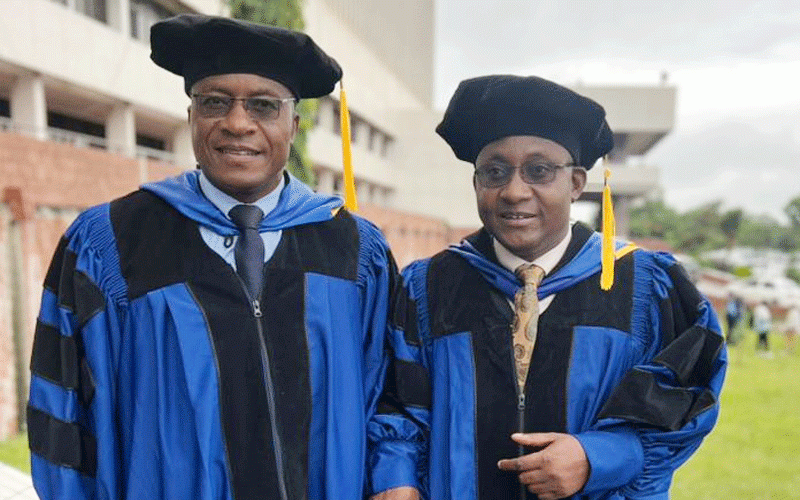
In 1977, Lionel Richie claimed “It’s Easy” in his song which is still popular today; leaving his girlfriend was easy, as far as he was concerned, “easy like Sunday morning”. “Why in the world would anybody put chains on me,” he reasons; after all, “I’ve paid my dues to make it. Everybody wants me to be What they want me to be... I wanna be high, so high. I wanna be free to know the things I do are right. I wanna be free.” It is easy to be free.
Everyone still speaks about the three traditional Rs of Education, namely Reading, ‘Riting and ‘Rithmetic, but it is worth noting that a close relative of Education is Parenting and it also has three important and relevant Rs – Roles, Responsibilities, Reminders. In that regard, therefore, we wish to present a few reminders to parents of what their role and responsibility is, especially regarding their child being at school. And that reminder centres around the fact that parenting is easy, or rather ‘e-e-e-sy’; it is all about Es. Each of the three Rs of parenting is all about three Es.
The first ‘eeesy’ role we have as parents is to set an Example, in particular a positive example, for our child. The second ‘eeesy’ is to Encourage. All children need encouragement – more than we or indeed they think. Then the third ‘eeesy’ role is to Enforce. Parents must enforce the same standards and values that are set at school.
When it comes to the second R for parents, Responsibilities, the first ‘eeesy’ thing to do is to Ensure various important things, in regard to schooling. We are to ensure fees are paid on time, that our child is dropped off at school on time (in correct uniform) and that our child fulfils all the co-curricular activities (including fixtures) required of them. We must ensure we fit in with school’s policies – it is a set menu, not a buffet. That is an important lesson for our child to learn through us as parents.
The second ‘eeesy’ responsibility for parents to take is to Explain matters to their children. It is no longer good enough or acceptable to tell a teenager (or even younger children) “Because I say so...” They want and deserve a reason. In fact, we complain that it is difficult to train children to be critical thinkers but they were born with it! They explore as toddlers, they ask questions, the favourite being “Why?”, only for us to squash their willingness to do so by such answers as mentioned above.
Then the third ‘eeesy’ responsibility we have as parents is to Educate our children; it is not simply the responsibility of the school to educate the child. We must understand and remember though that Education is not just about results but about character – education is not even primarily the responsibility of the school – the parent, above all, is to educate.
When it comes to the third R, Reminders, the first reminder is that parents must not Embarrass their child. Parents seem to think their major role is to embarrass their child publicly, by their behaviour, by their clothes, by their attitude, by their car, by their jokes! Secondly, we are reminded not to Exasperate our child, as per a strong biblical piece of advice [Ephesians 6]. Many things may exasperate children, but for starters, the following ten things come near the top of the list: Prejudice, Injustice, Inconsistency, Hypocrisy, Lack of Attention, Lack of Explanation, Lack of Understanding, Lack of Encouragement, Lack of Trust, Telling Stories about them. We must endeavour hard not exasperate them.
Lastly, we should be reminded that we are not there to Entertain our child. Parents may be tempted to try to be popular with their child, to amuse and occupy their time. In doing that, they are in danger of becoming the dreaded ‘Oldest Teenager in Town’. Parents are not to be popular; they are to be faithful. There are no knots here, just three ‘nots’. Remember?
- Parenting is so e-e-e-esy
Keep Reading
We tend to think parenting is a Monday morning feeling, rather than Sunday. You want to be free to know the things that you do are right? Come on, it is ‘eeesy’!
nTim Middleton is the executive director of the Association of Trust Schools [ATS]. The views expressed in this article, however, are solely those of the author in his private capacity and do not necessarily represent the views of the ATS.
Email: [email protected]
website: www.atschisz











